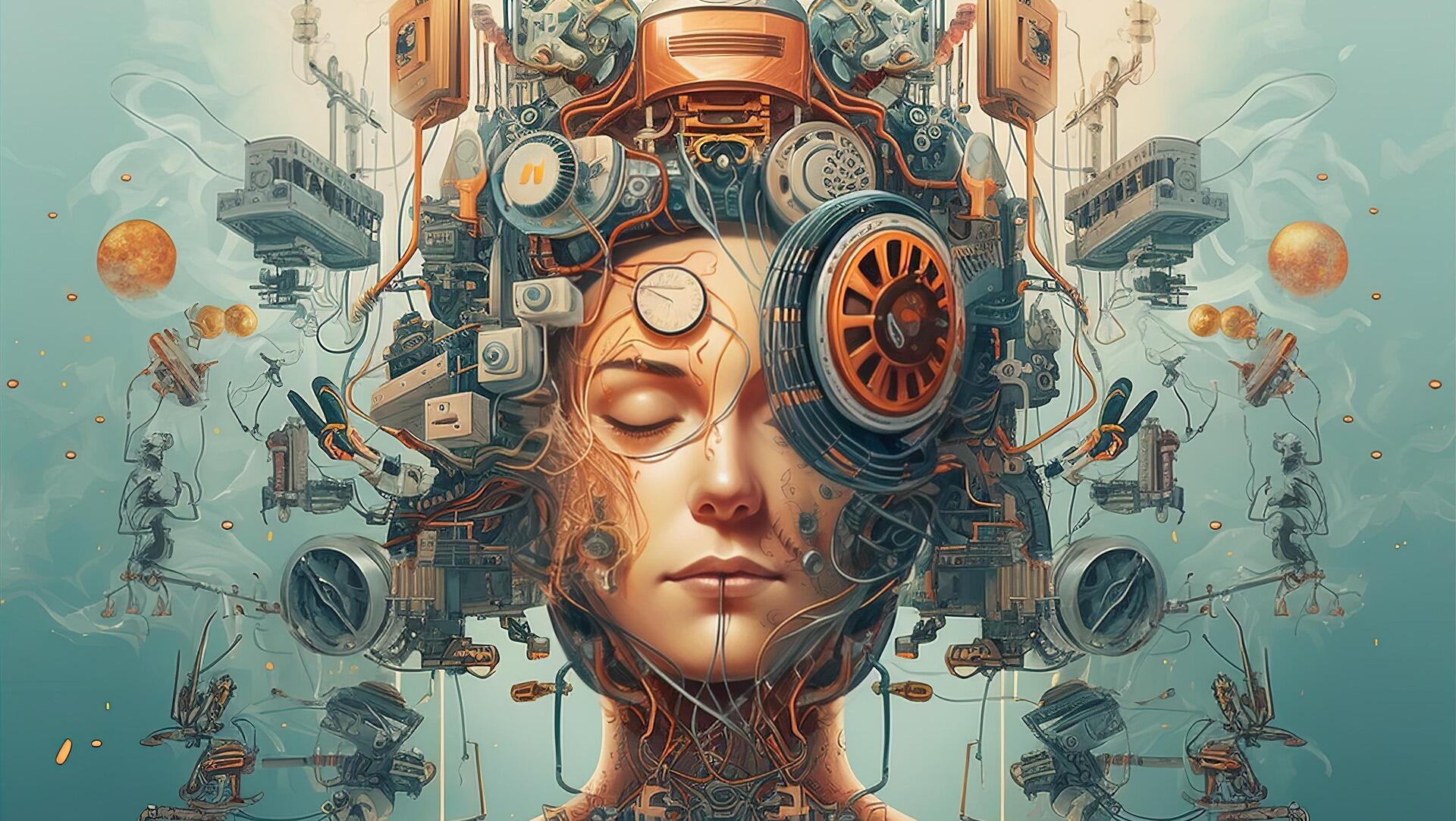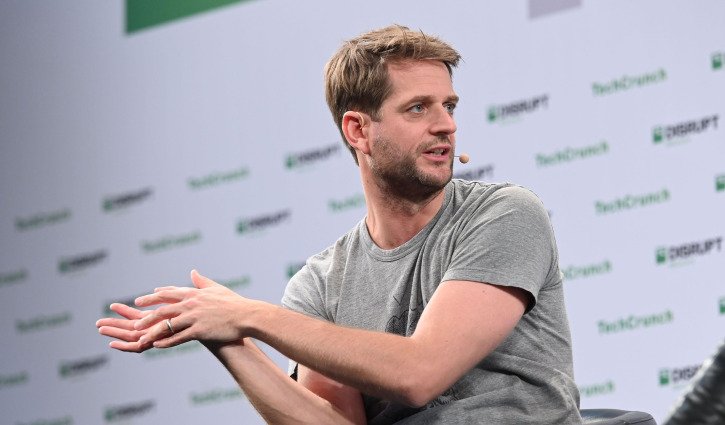Artificial intelligence (AI) is rapidly growing, with many embracing it in their personal and professional lives.
According to a new report by the Kingston AI Group, greater utilisation of AI in key industries is set to boost GDP by more than A$200 million per year in Australia and has the potential to create 150,000 new jobs.
“AI’s a lightweight technology, so it delivers a return on investment quite quickly because it doesn’t need heavy infrastructure to get up and running,” Australian Institute for Machine Learning Director, Professor Simon Lucey said.
“An investment in this year’s budget actually could turn things around.”
Companies adopting AI
Some companies, especially in tech, have already taken the plunge into implementing more AI into their business model.
A key example of this is Klarna, which announced it would replace over 700 human workers with AI after its valuation dropped from US$45.6 billion in 2021 to $6.7 billion.
However, the “buy now, pay later” company backpedalled on this plan with CEO Sebastian Siemiatkowski citing AI job cuts which have led to “lower quality” customer service and vowing to hire more humans.
“As cost unfortunately seems to have been a too predominant evaluation factor when organising this, what you end up having is lower quality,” he said.
“Really, investing in the quality of the human support is the way of the future for us.”
Duo Lingo's CEO, Luis von Ahn also released a letter earlier this year announcing that Duo Lingo would become an "AI-first" company.

The move was met with more backlash than anticipated, leading von Ahn to dispel concerns on LinkedIn.
“I do not see AI as replacing what our employees do (we are in fact continuing to hire at the same speed as before). I see it as a tool to accelerate what we do, at the same or better level of quality. And the sooner we learn how to use it, and use it responsibly, the better off we will be in the long run,” he said.
Positives of implementing AI
While companies that have attempted to replace workers with AI have faced backlash, others have thrived by integrating AI into the workplace.
According to PwC’s 2025 Global AI Jobs Barometer, AI can make workers more valuable and offer them 3x higher revenue growth if their industry is exposed to AI.
Workers who understand AI are also likely to command a 56% wage premium, up from 25% last year.
High-profile news outlets like Reuters, the BBC and Verdens Gang (VG) have benefited from AI assistance in the newsroom.

In a recent report by Reuters, the outlet said they used AI models to help identify key snippets of press releases, assist with video scripts, summarisation and headline generation, and translation and transcription.
“Our sandbox is a mirror of our CMS, and so we play in that. We’re just in a pilot stage, and a lot of it is [focused] around reversioning - taking raw copy from people who aren’t across BBC style and turning it into BBC style with an LLM that’s been trained on our own articles,” BBC’s Executive News editor Nathalie Malinarich said.
Will AI take or make jobs?
However, there are fears that AI could replace entry-level jobs due to its ability to easily complete similar and repetitive tasks.
This is especially true in the tech industry, according to senior lecturer in Cybersecurity, Joel Scanlan.
“The work that is most easily replaced by AI is the lower-skilled work. This means that if you require more skills from lower-level staff, where do you get those skills?” Scanlan tells Azzet.
“In a programming context, if all the low-skilled coding jobs become AI-based, how do staff get the experience to be senior engineers in the future?”
Despite this, Scanlan also argues that how AI is used is up to the business on the level of output desired.
“Whether a person's role is to write code, or to write reports, news articles or books, their output will likely be higher with AI as an assistant,” he said.
“How organisations navigate this usage, without producing weaker outputs, will be important.”

Scanlan said some sectors and jobs will feel AI impacts quicker than others.
“Roles involving routine, predictable tasks are the most susceptible to automation,” he says.
“This includes administrative support, data entry, manufacturing assembly lines (where simple robotics can work – as fully human-like robotics is much harder), and some customer service roles.”
A new report by the United Nations found that one in four jobs is likely to be replaced by AI. In the research, it was found that women will be disproportionately impacted in high-income countries, with automation making up 9.6% of female employment compared to 3.5% of male employment.
According to the Australian Council of Trade Unions (ACTU), one in three Australian workers is at risk of AI, and the ACTU is calling for a “fair go in the digital age”.
“This research underscores the importance of union campaigns for a Future Made in Australia to create the jobs of the future, reinvigorating our TAFE and vocational training system, and investing in new jobs for a clean energy future,” ACTU Assistant Secretary Joseph Mitchell said.
“These policies by the Albanese Labor Government must be built upon to deepen and diversify Australia’s economy, so we are building a better future for all workers.”
However, a report from the Tech Council of Australia has found AI could create up to 200,000 AI-related jobs by 2030 and that the AI workforce will need to grow by 500% to meet demand.
“We need to prepare Australia’s workforce for the opportunities that the widespread adoption of AI presents, and ensure we have the pipelines of AI-ready workers in place to meet the huge demand for AI jobs,” said Paul Leahy, Regional Sales Director, Public Service at Workday.
The report also found that greater AI adoption could inject A$115 into the economy.



